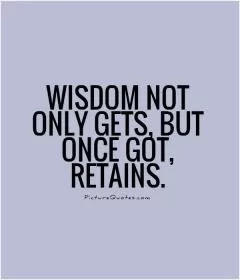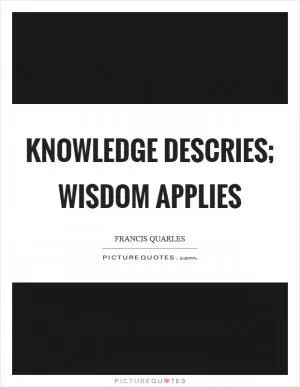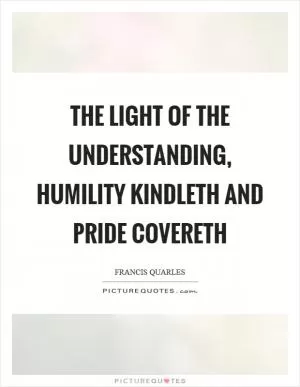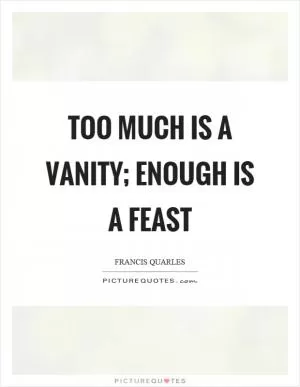Be wisely worldly, be not worldly wise

Be wisely worldly, be not worldly wise
Francis Quarles was a 17th-century English poet and writer known for his religious and moralistic works. One of his most famous quotes is "Be wisely worldly, be not worldly wise." This phrase encapsulates Quarles' belief in the importance of balancing practical knowledge and worldly experience with spiritual wisdom and moral integrity.To be "wisely worldly" means to be aware of the ways of the world, to have a practical understanding of how things work and how to navigate the complexities of life. It involves being knowledgeable about the ways of the world, being able to adapt to different situations, and being able to make informed decisions based on experience and observation. Being wisely worldly also means being open-minded, curious, and willing to learn from others.
On the other hand, being "worldly wise" refers to being overly focused on material wealth, power, and status. It involves prioritizing personal gain over moral values, and being willing to compromise one's principles in order to achieve success in the eyes of the world. Being worldly wise can lead to selfishness, greed, and a lack of empathy for others.
Quarles' quote encourages us to strike a balance between these two extremes. It reminds us that it is important to be knowledgeable about the ways of the world, but not to let that knowledge corrupt our moral compass. We should be able to navigate the complexities of life with wisdom and discernment, while also remaining true to our values and principles.
In today's fast-paced and competitive world, it can be easy to get caught up in the pursuit of success and material wealth. We are bombarded with messages that tell us that success is measured by external markers such as money, power, and status. However, Quarles reminds us that true success lies in living a life of integrity, compassion, and moral courage.












 Friendship Quotes
Friendship Quotes Love Quotes
Love Quotes Life Quotes
Life Quotes Funny Quotes
Funny Quotes Motivational Quotes
Motivational Quotes Inspirational Quotes
Inspirational Quotes